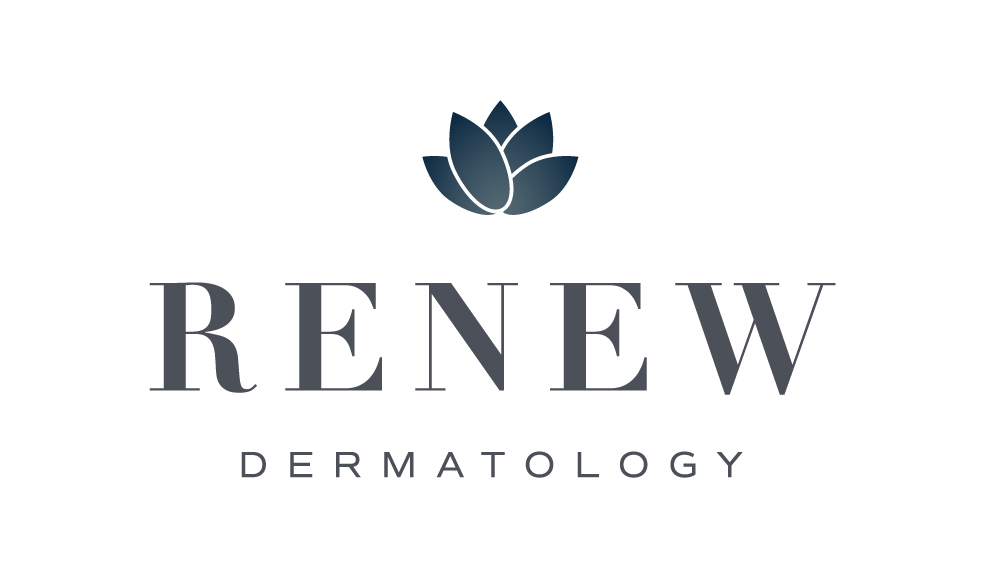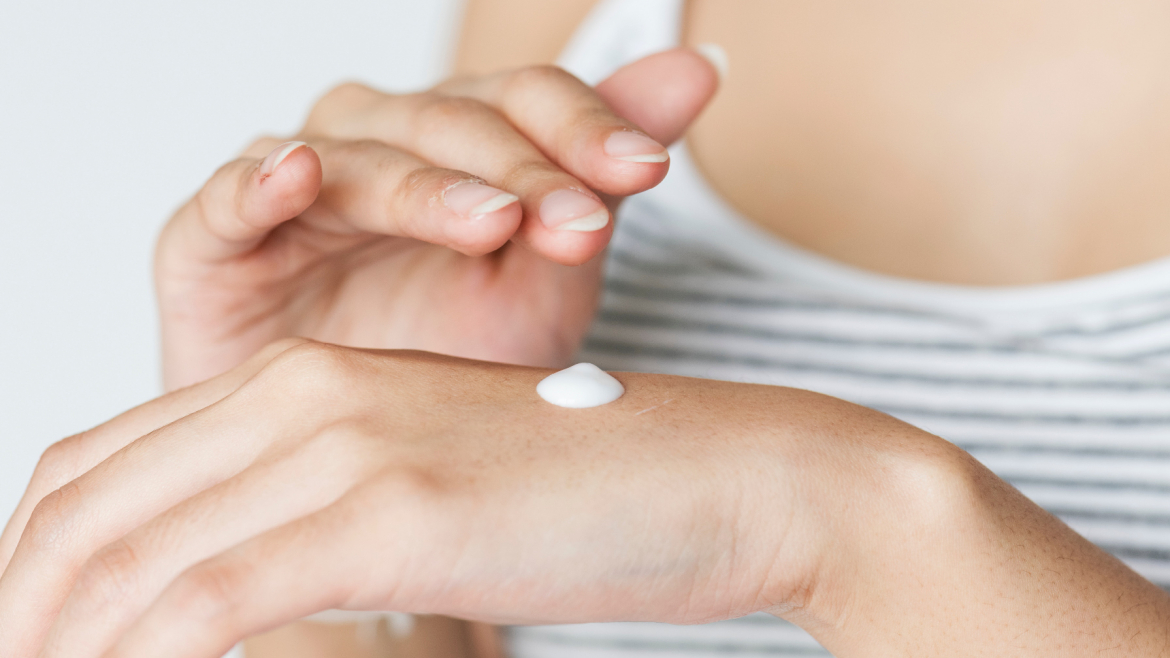Earlier sunsets, dropping temperatures, and graying skies can lull us all into the false sense that the sun isn’t as intense and therefore, not as damaging in the fall and winter months. Because of this, many choose to forgo the most important skincare product of all- sunscreen. In fact, the clouds only slightly lessen one of the two UV types that cause skin damage and skin cancers, UVB. UVB causes sunburn and damage that leads to cancers, but ironically, in the absence of this warning sign, people can be less aware that they’ve had too much sun. UVA continues to penetrate at the same levels, year round. Therefore, the cumulative effect of UVA continues to wreak havoc on your skin. UVA penetrates deeper within the skin, leading to deeper collagen damage, photo aging with sunspots and fine lines and wrinkles, and also contributing to the free radical damage that lends to skin cancer formation. Pigment formation is now known to be stimulated not only by the sun’s ultraviolet light, but by infrared and ambient light as well. Newer research is also suggesting the negative impact on our skin from even the blue light that our cell phones, handheld devices, and desktop computers emit. Physical sunscreen use helps to prevent these negative influences on our skin.
Outdoor wintertime activities don’t slow as much for those of us in the south either. Families continue to spend countless hours at sporting events and practices, despite the colder temperatures, and sunscreen rules must still apply, especially on exposed areas of skin. Winter trips to the mountains are no exception. At higher altitudes UV levels increase 4-5% per 1000 feet altitude, and 80% of UV light is reflected from the snow- that is actually higher than UV levels reflected from sand on the beach. Add in the effect that the drying cold temperatures have on the skin and the damage is compounded. Again, a moisturizing sunscreen can be an important deterrent form these cold weather issues.
Keep in mind- one in 5 Americans will develop skin cancer and
90% of non-melanotic skin cancers are associated with UV damage. Many studies have shown that daily, year round sunscreen use has significant anti-aging effects as well. For all of the reasons above, it is important to follow these sunscreen rules- year round.
- Use a BROAD SPECTRUM sunscreen- which is one that has both UVA and UVB protective properties
- SPF 30+ is a must, and products containing zinc oxide and /or titanium dioxide, which are physical blockers, can provide better and longer lasting protection. Combined with chemical blocker sunscreens, the best of both worlds is available
- Wear broad-brimmed hats, protective clothing, and sunglasses whenever possible
- Don’t forget to protect your lips
- Try to limit your exposures to earlier in the am (before 10am) or later in the afternoon (after 4pm) when the sun is less intense
- Reapply every 2 hours
Most importantly, see your Board-Certified Dermatologist yearly for a complete skin exam.


